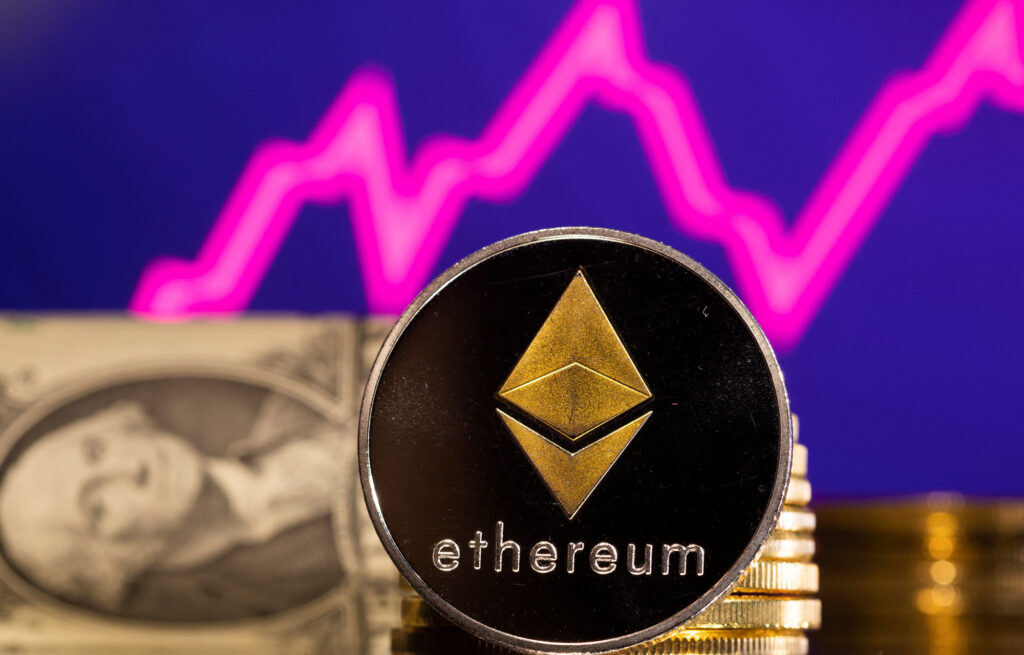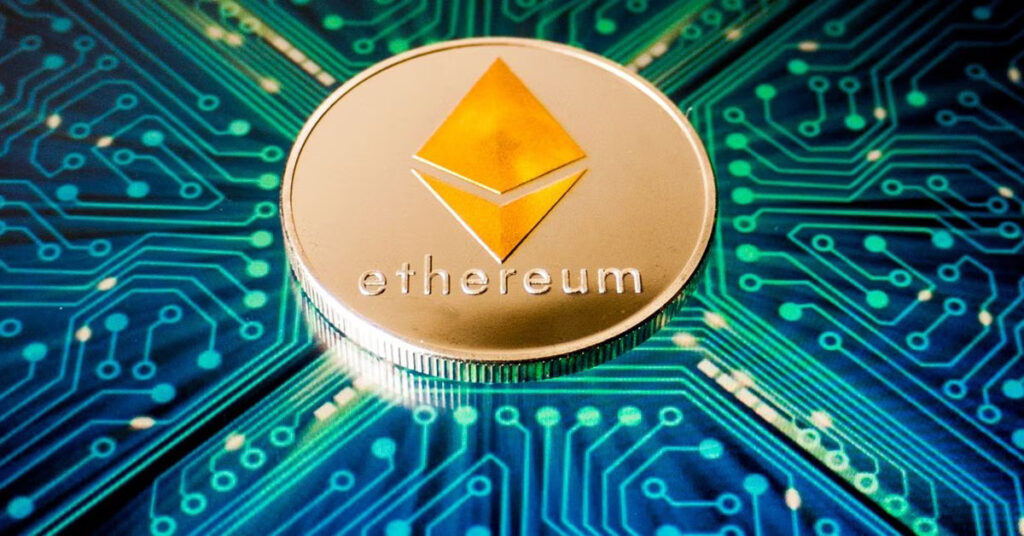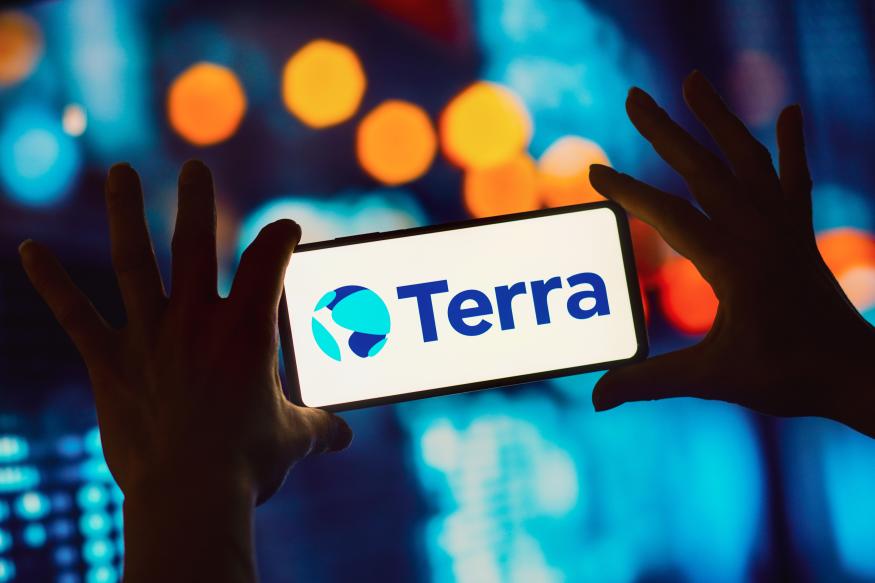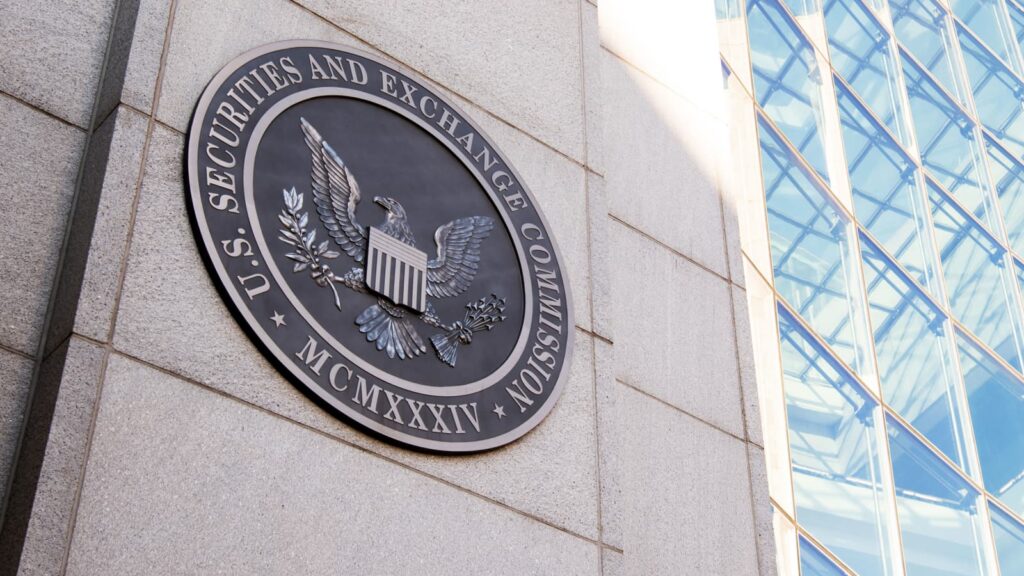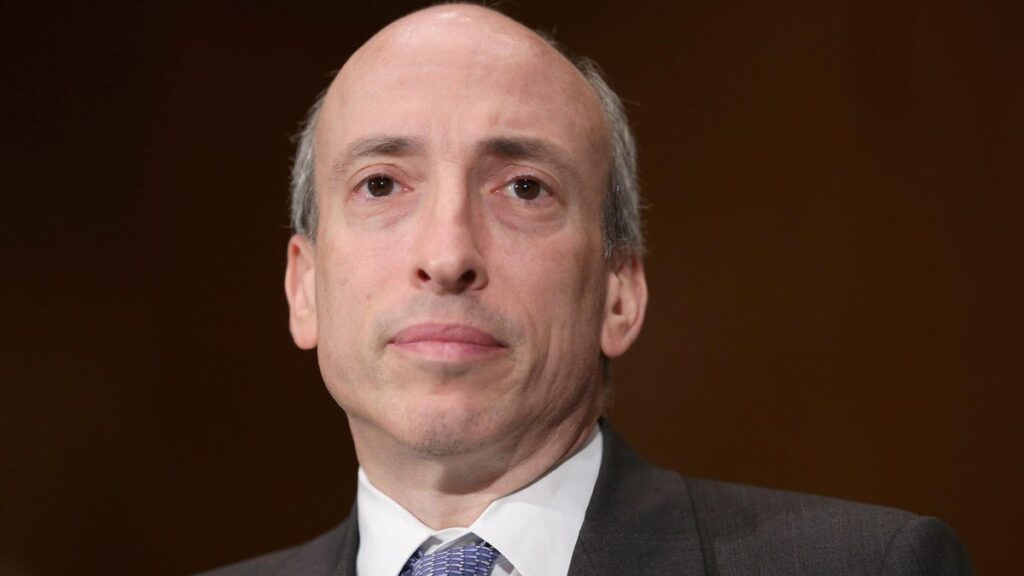EigenLayer has added a new security feature to its EigenDA data availability service on the Ethereum mainnet to combat Sybil and distributed denial of service attacks.
In an announcement from EigenDA, the whitelist security measure is described as using either an internet protocol address or Ethereum’s elliptic curve digital signature algorithm (ECDSA) authentication for enhanced protection and secure service access.
ECDSA authentication is a cryptographic method that verifies the identity of a user, device, or system.
It relies on public-key cryptography and employs elliptic curve cryptography for secure authentication.
With this additional security measure, EigenLayer aims to safeguard its service while ensuring its availability to all clients.
EigenDA’s free tier offers a throughput of up to 768 kilobytes per 10-minute window, significantly exceeding the requirements of the busiest rollups on Ethereum.
For instance, Base uses fewer than two blobs every 10 minutes.
Moreover, EigenDA allows partners to request increased throughput beyond the free tier, providing a flexible solution for high-demand applications.
Interested parties can collaborate with EigenDA through its partner registration page to tailor solutions for their data needs, supporting various applications and innovations requiring high-throughput capabilities.
READ MORE: Bitcoin Faces Rare ‘FUD’ Surge Amid Sideways Trading, Analysts Predict Potential Price Surge
EigenDA can generate synthetic loads of 0.6 megabytes per second and achieve peak throughputs of up to 10 MB per second on the mainnet.
EigenLayer is also planning to implement permissionless payments for blob throughput on EigenDA by the end of 2024.
This feature will enable users to reserve bandwidth at a fixed rate to meet high throughput demands.
In May, EigenLayer completed the second phase of its EIGEN token airdrop, marking the end of its Season 1 and distributing 113 million EIGEN tokens, which is 6.7% of the allocated supply for airdrops.
Once claimed, tokens will be temporarily locked until the end of the third quarter of 2024.
However, users can still engage in staking and delegation activities with EigenDA operators through the EigenLayer web portal.
Launched on the Ethereum mainnet in April 2024, EigenLayer has already amassed over $12 billion in deposits.
The platform supports new proof-of-stake projects by leveraging a broader trust network, thus eliminating the need for separate security solutions.
To submit a crypto press release (PR), send an email to sales@cryptointelligence.co.uk.


